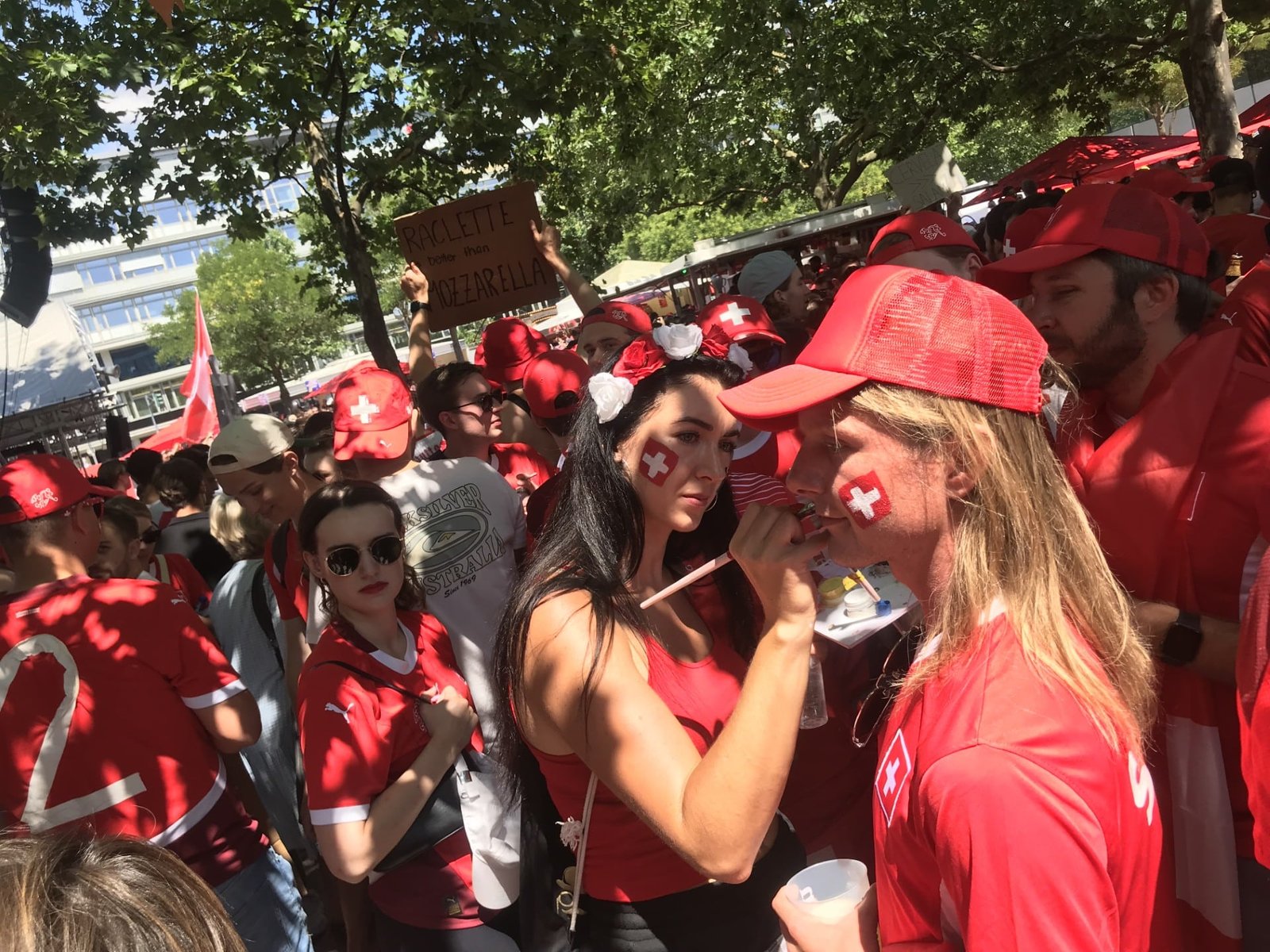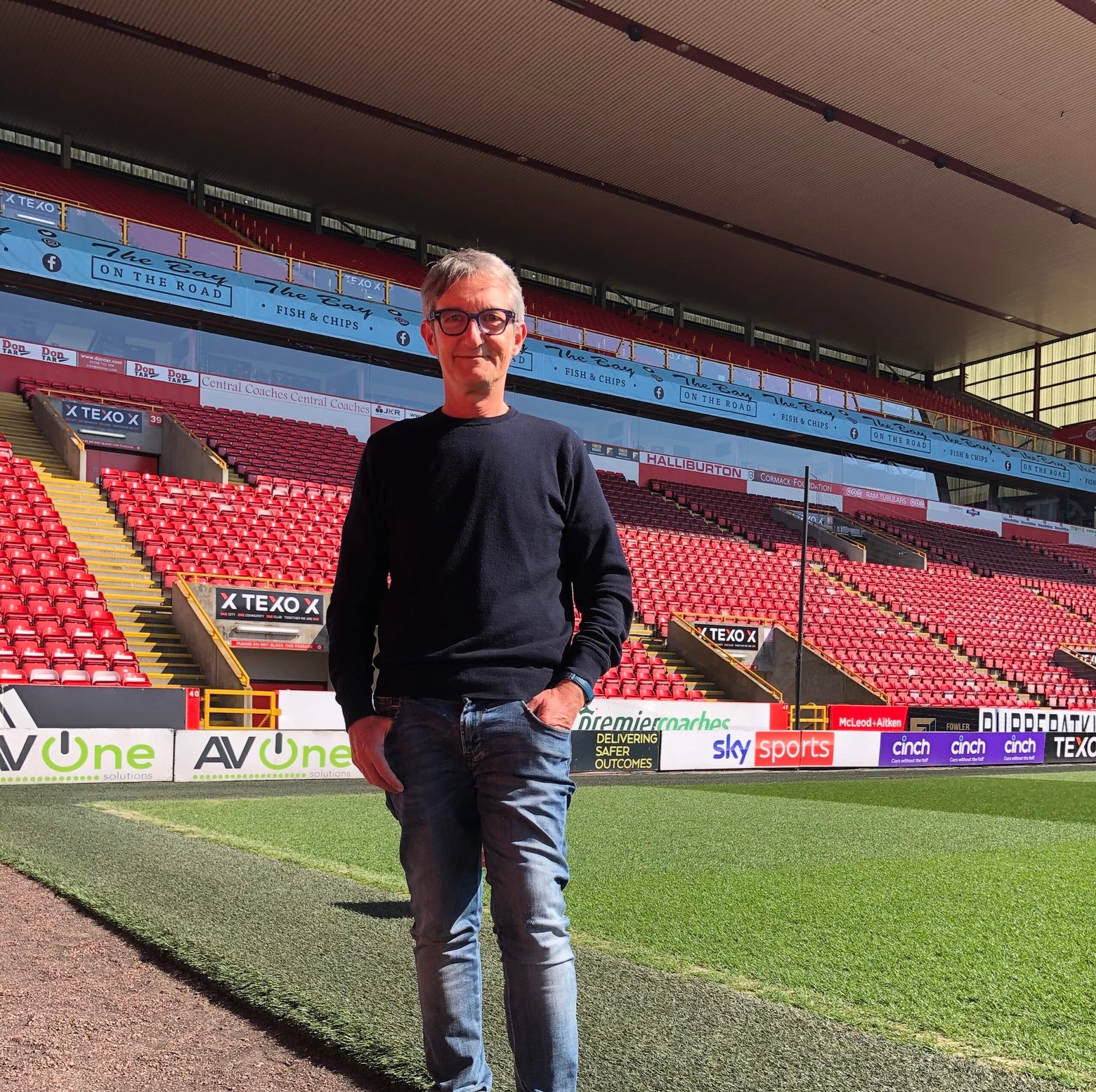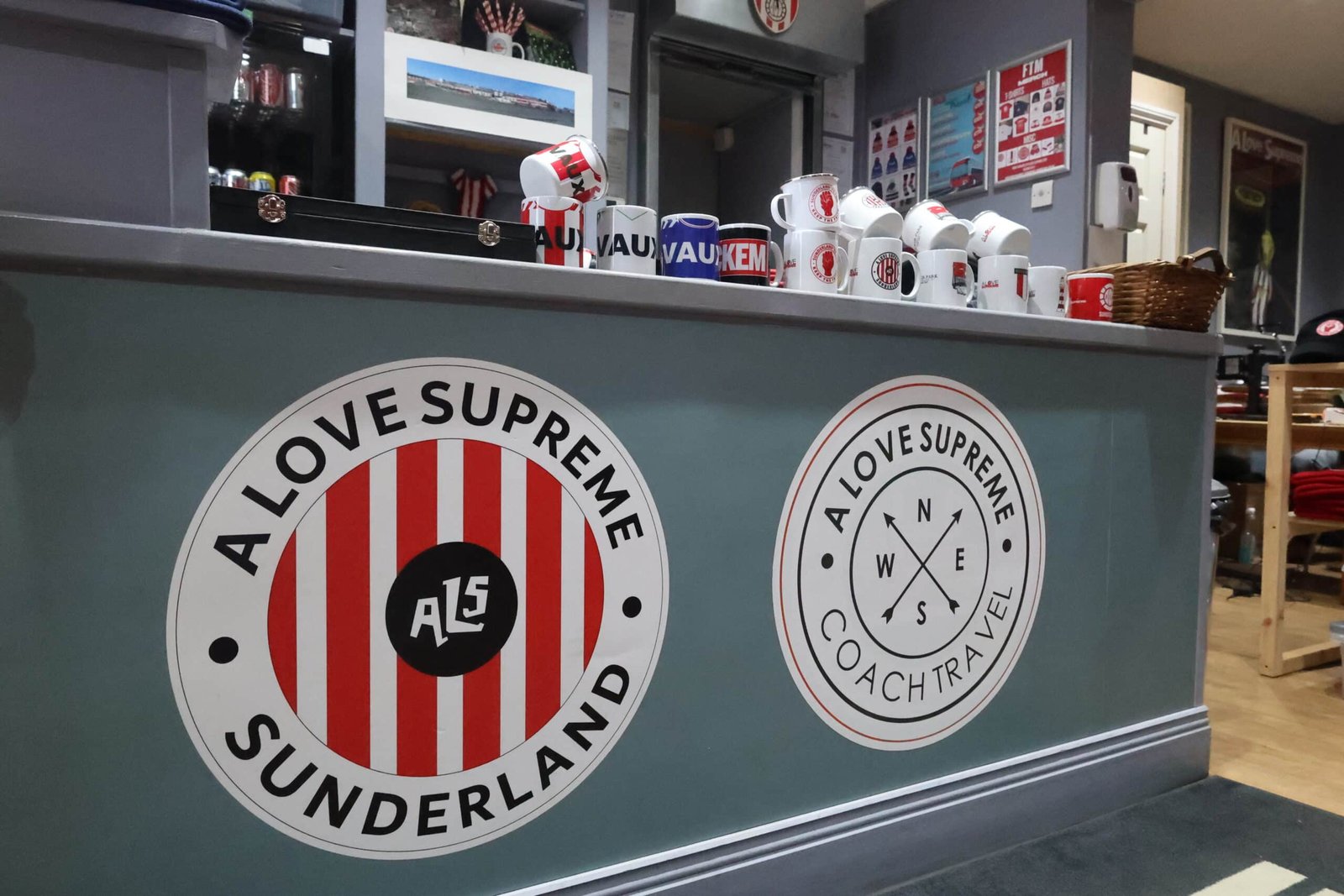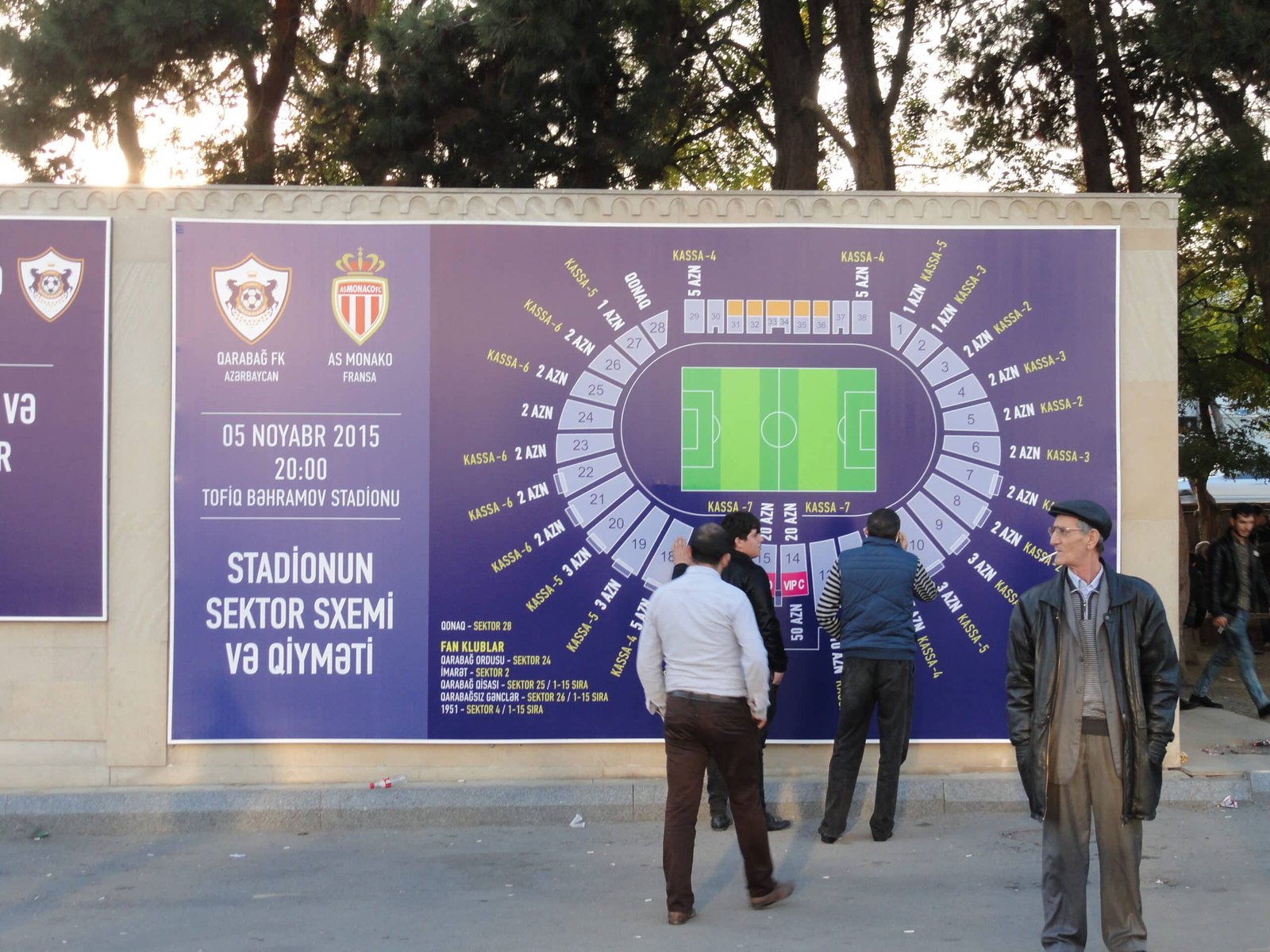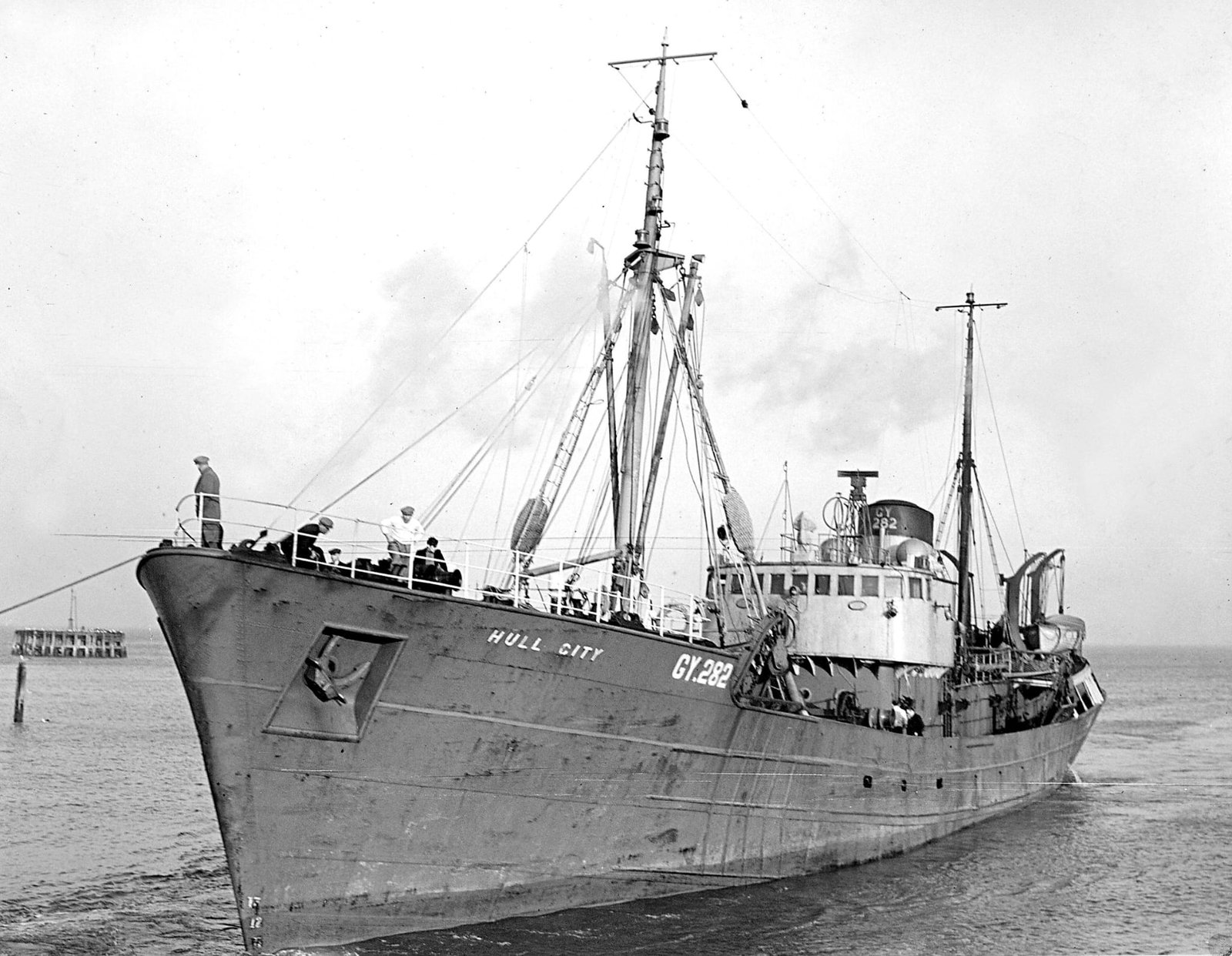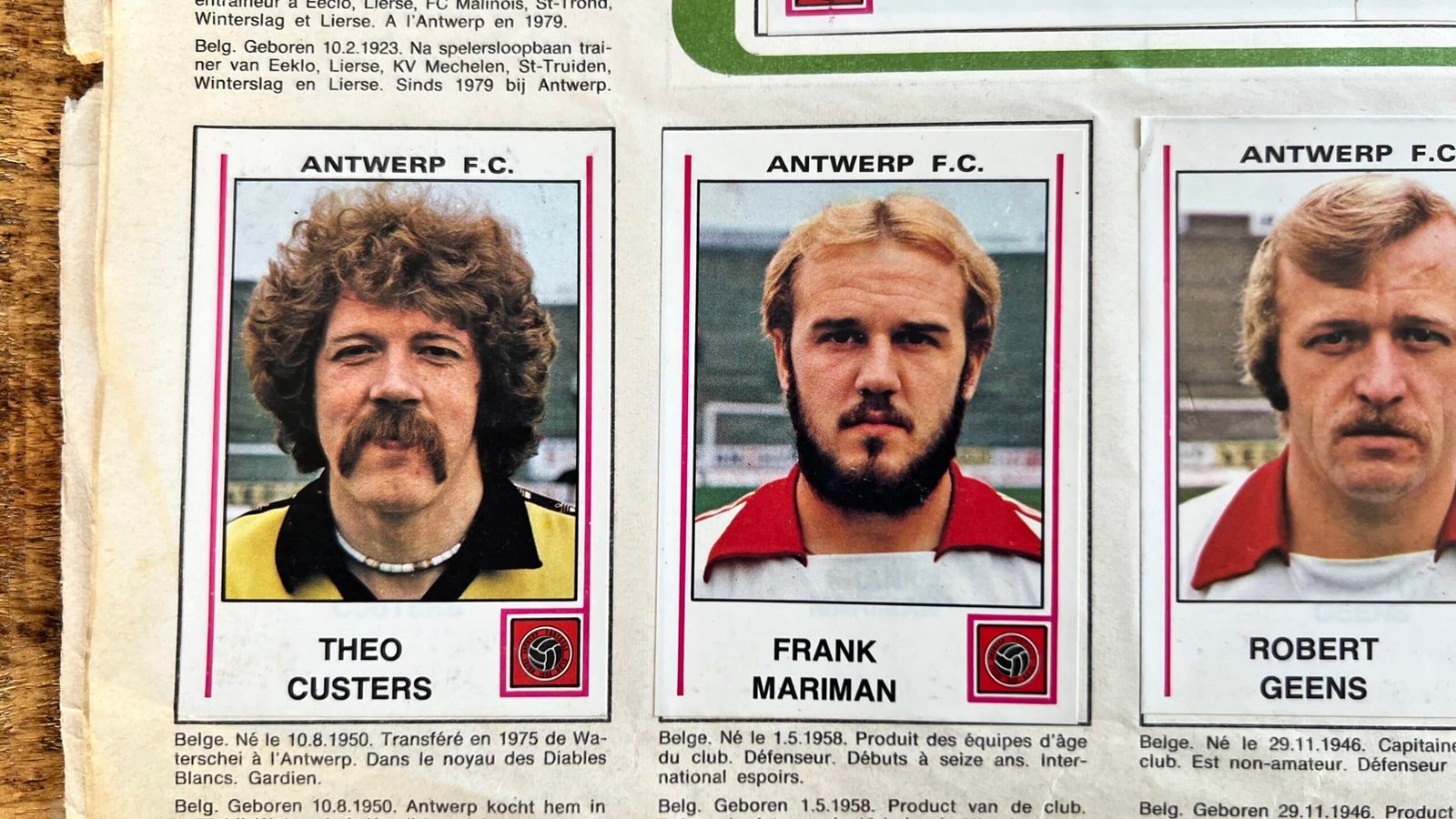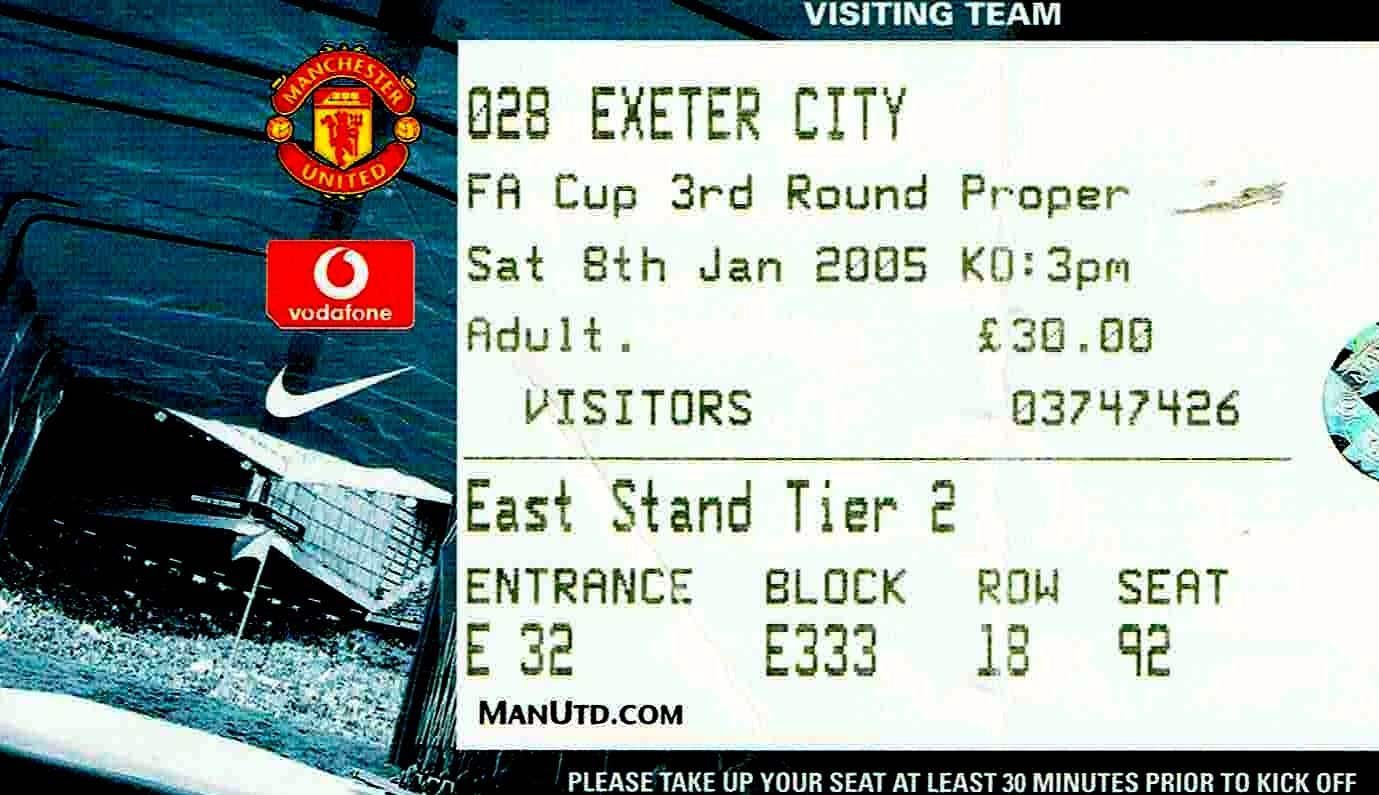From Zürich to Geneva, not forgetting Sion or St Gallen, Libero visits each host city and stadium
Running from July 2-27, the Women’s Euros 2025 should bring some of the magic experienced in England three years ago to cities and stadiums across Switzerland. Libero has visited all eight to create our special downloadable guide.
To put it together, the Libero team has visited the sports bars, vintage shirt shops, themed exhibitions and, of course, the grounds where fans will gather, browse and follow their teams.
When England’s Lionesses won the Women’s Euros before a near 90,000 sell-out crowd at Wembley in July 2022, it not only attracted a global TV audience of 50 million watching the game live.




The two classic protagonists both saw a huge spike in domestic interest in the women’s game, England and Germany’s top leagues recording increases of 200%-plus in attendances. When the English FA announced a subsequent friendly match with USA, tickets sold out within 24 hours, the fastest for any game at Wembley, let alone any women’s international.
And yet the same FA had come under justifiable criticism for staging a number of earlier games in the same 2022 tournament at grounds as modest as Leigh Sports Village and Manchester City’s Academy Stadium.
Now, three years on, the women’s Euros comes to Switzerland. Each of the eight host cities and their stadiums stage top-class football week in, week out, along with regular internationals and even the odd European final.
Naturally, each destination will have a fan zone – football hub and final host Basel has two – with attractions to suit the scenic surroundings. Family-friendly fun across Switzerland will include a water park with a slide, football yoga and surfing, as well as DJs, live music and match screenings.




While this isn’t Europe’s cheapest getaway, costs can be offset by free transport – including national rail travel – on match days and nights. All destinations are within easy reach of a major international airport, most facilitated with a direct rail link into town.
Match tickets entitle fans to travel across Switzerland and venue cities gratis from midnight before the game and until 5am the following day. If you’re getting the train on any other day, look out for Supersaver tickets when you peruse the schedule on the SBB Swiss Rail website – you can save at least 30% off full price by travelling by a specific service, booked ahead of time.
If you’re making a real holiday of it, check out the various passes offered by SBB – search for the SBB Mobile app on Android and iOS.
Urban transport is excellent and may even involve boats. The Swiss are also keen cyclists, served by dedicated lanes and routes in all major cities.
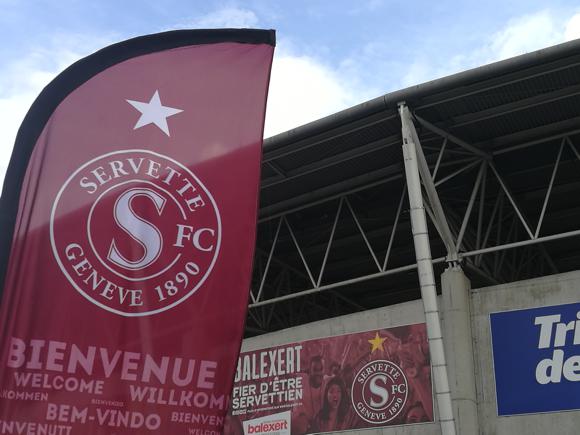



Stadiums average 22,000 capacity, large enough for a real atmosphere, small enough for a perfect view of the action. Most were rebuilt for or around the same time as Euro 2008, the last time Switzerland (co-) hosted a major tournament. The time before that, it was the high-scoring, high-drama 1954 World Cup – here’s looking forward to more of the same this July.
At press time, tickets were still available for all games, including the final in Basel on July 27. Purchase through the dedicated UEFA page. Most group games and quarter-finals are priced at SF25/SF40, the semi-finals are SF25-SF70 and the final, SF30-SF90.
There are also hospitality packages – for England v Holland in Zürich in July 9, an all-you-can-eat/drink deal, plus a Category 1 seat, works out at SF490.
The two kick-off times are at 6pm and 9pm CET, ie 1hr ahead of UK time. The 16 teams are play in the classic format of four groups of four, with the two top qualifying for the quarter-finals. If teams are level on points, then matches between them decide who goes through, including goal difference and goals scored if need be. In the knock-out stage, it’s extra-time then good old penalties. There’s no third-place play-off.




While Switzerland isn’t part of the EU, it does operate within the Schengen zone, meaning that there shouldn’t be passport checks if coming from another Schengen country. If coming directly from Britain, UK citizens should ensure that their passports are valid for at least three months after their intended departure date from Switzerland.
EU roaming agreements do NOT apply to Switzerland – and WiFi isn’t always a given either, despite what is suggested when travelling by Swiss Rail. Local provider Swisscom currently has an offer of SF20 for seven days of unlimited data with a pre-paid SIM or eSIM card – see Swisscom for details – or their stores can found in prominent locations in all major Swiss cities.
Swiss beer (around SF6/€6) is strong and Swiss summers are hot, so drink sensibly, no matter how much fun you’re having. Grilled sausages go hand in hand with football-watching in these parts, but most stadiums should also offer vegetarian snacks, too. While restaurants are pricy, many offer lunchtime deals and if you’re on a real budget, supermarket chain Migros dishes out free disposable knives and forks for your takeaway salad or pasta dish.
